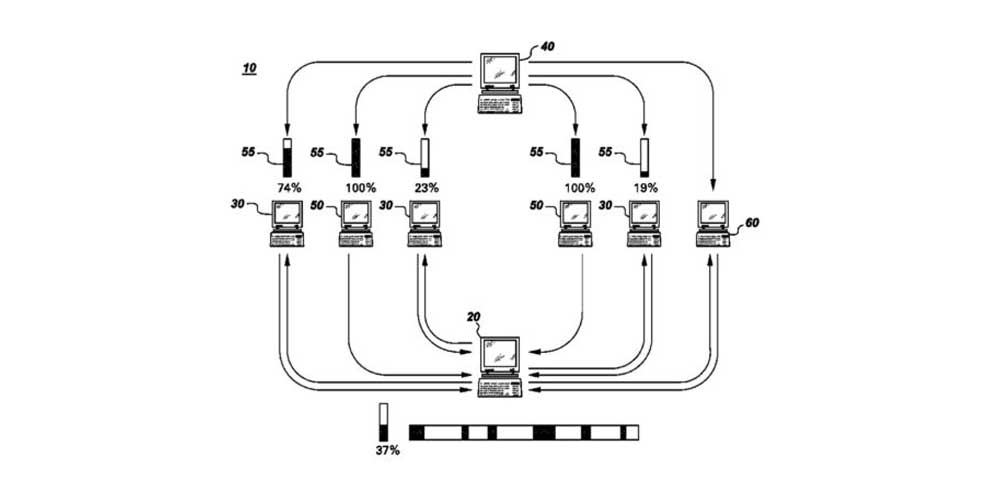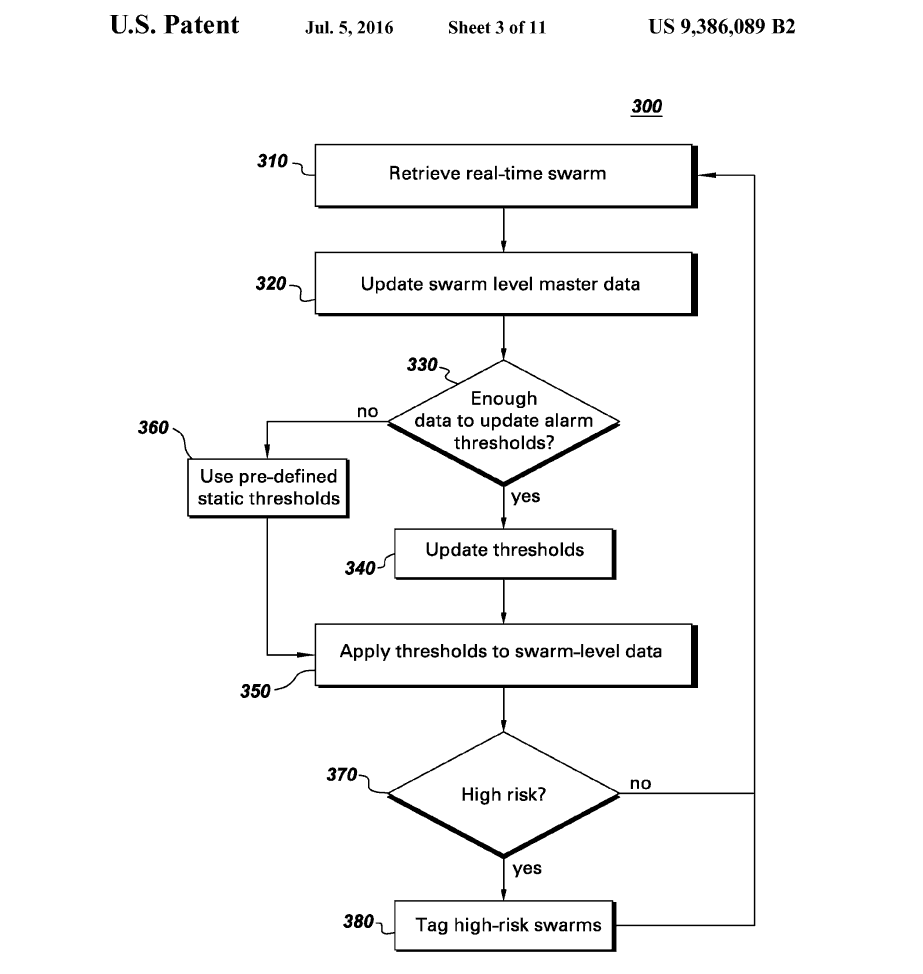
NBCUniversal is an American multinational media conglomerate, and it has a good reason to protect itself from people infringing its copyrighted contents. As a way to keep things in place, it has patented a way to detect files being shared by large groups of people of peer-to-peer network (P2P), in real time.
The plan for such technology patent was filed way back in the year 2009, but granted in July 2016.
The system could be released on its own, or deployed by an internet service provider. With it, NBCUniversal can then able to identify files, like for example movies or music albums, that are distributed on a network. And if they're using a network popular with "swarming" users such as the BitTorrent network, NBCUniversal should know.
The swarms are those users around the world that access pirated contents over P2P where files are distributed in segments to "peers". Once a user receives every segmented pieces of a file, they can continue to share their copy to other users as "seeders".
With the patent, NBCUniversal wants to keep track of their copyrighted contents that are shared throughout the web. If it sees one being distributed by swarms, it can take steps to counter their distribution efforts - ranging from just a simple alert, or to a lawsuit.
The patent is titled "Early detection of high volume peer-to-peer swarms", and it is NBCUniversal's attempt to restrict piracy of its copyrighted contents. With it, the company can identify the swarm's popularity and take anti-piracy measures before is "too late to do much good."

The patent document issued by the USPTO (United States Patent and Trademark Office), notes that:
"The early detection provides for enhanced anti-piracy efforts, improved allocation of network resources, and better business decision-making."
"P2P infrastructure has many advantages," said NBCUniversal, but it also has led to abuses. Online piracy of digital assets on peer-to-peer networks is considered to be one of the biggest losses to content owners, estimated to be in billions of dollars each year.
"These costs are typically passed along to the consuming public in terms of increased costs for legitimate purchased works and higher charges for increased deterrents to the piracy," added NBCUniversal.
Such technology could essentially be a way to put an end to online piracy, but could also cause damage on its own. P2P networks are known to be one of the some services that have the highest data traffic on the internet. If ISPs could cap resources to limit the swarms, as TorrentFreaks noted, they can be limit the "traffic shaping for the ISPs".
Furthermore, the patent fails to address are the reasons why people share files illegally in the first place.

Piracy is and was always an issue. But as the internet comes to attraction, it has garnered a lot more attention and anxiety. Before the digital age, piracy was more limited to only those that find pirated contents worth their time and efforts. It was more difficult and needed more technical expertise. The results were usually a product that are inferior in quality if compared to the original one.
But once media began to digitize, many of these limitation somehow disappeared. Identical copies can be created in a blink of an eye and distributed by anyone with almost any device that has a connection to the internet. A blockbuster movie can be downloaded in less than an hour, and can be distributed through P2P essentially without limits.
Piracy now needs little terms of materials, technical knowledge and expense.
Tech development has sparked the immense rise in piracy, resulting many developers and distributors of various types of media to focus on combating piracy and the loss of profit it represents.
One of the first major file sharing program to exist, one of the most iconic, and also to be shut down, was Napster. It was the pioneer in P2P with 25 million users at its peak. Nowadays, torrent hosting websites can stay legally open when they aren't hosting the actual copyrighted materials, but instead are hosting a sort of map which tells users where to go. In some countries, this is legal.